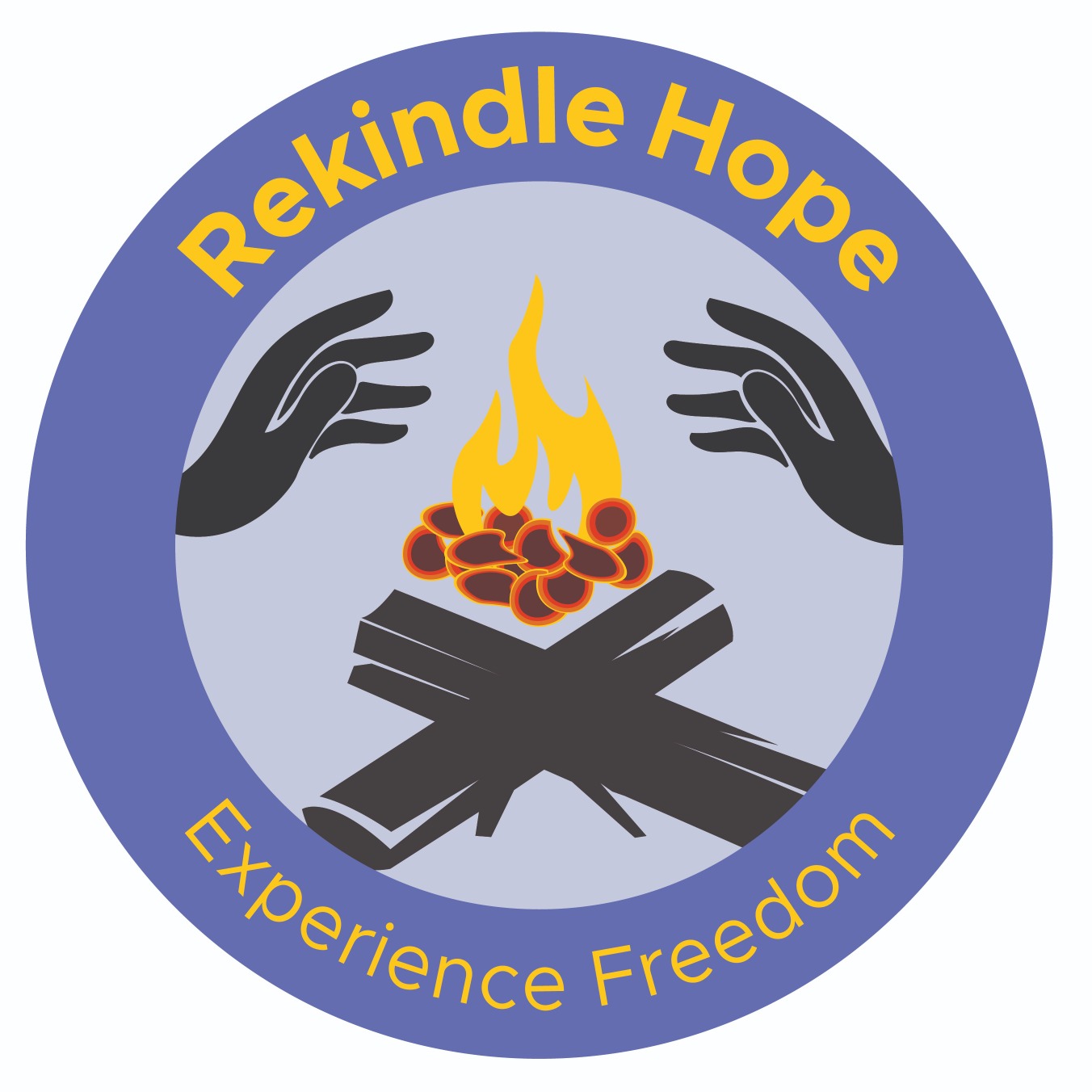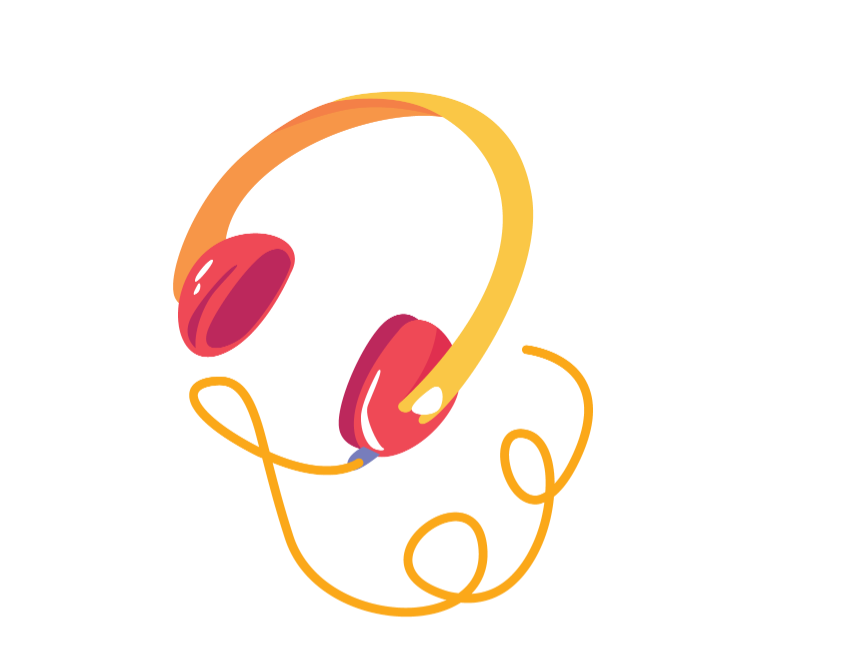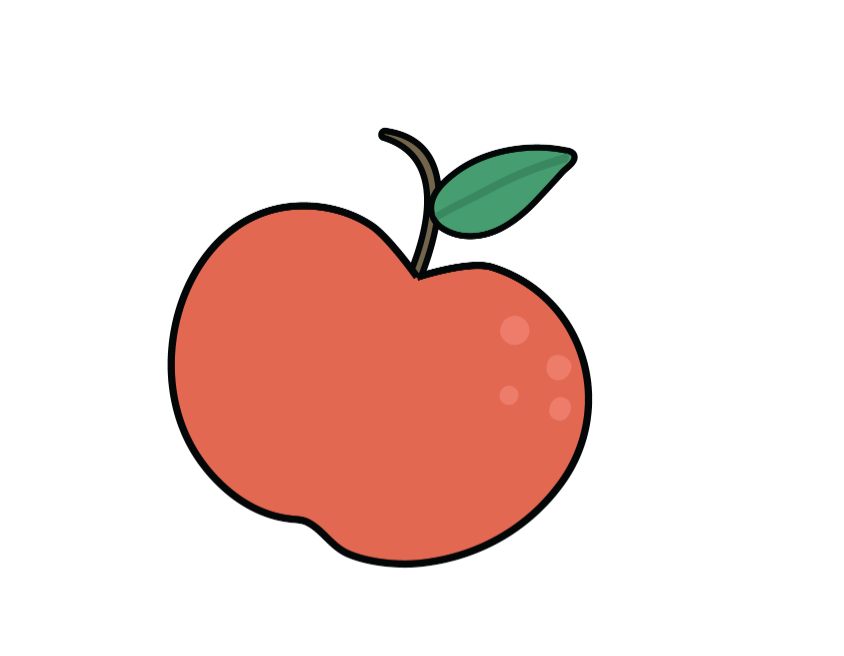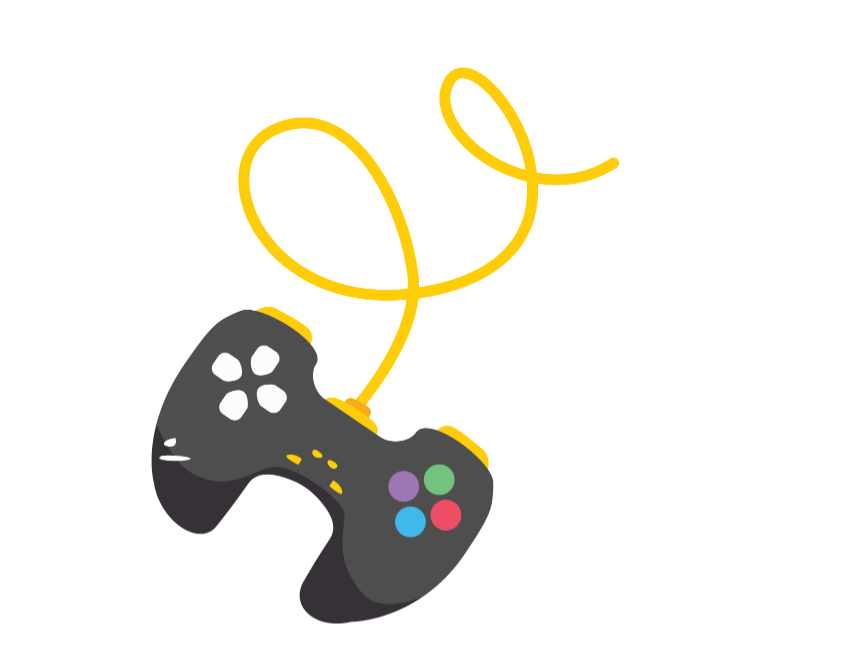Rekindle Hope

“Anything that’s human is mentionable, and anything that is mentionable can be more manageable. When we can talk about our feelings, they become less overwhelming, less upsetting, and less scary. The people we trust with that important talk can help us know that we are not alone.”
~ Mr. Rogers
Childhood And Adolescence Is An Important Time
More than two years into school closures, virtual learning, isolation, and fewer gatherings with family and friends, data collected on younger Canadians from the earlier months of the COVID-19 pandemic have provided some insight on its effects on their mental health. Just over 40% of Canadian youth aged 15 to 24 reported having excellent or very good mental health in late March and early April 2020, compared with 62% in 2018—the largest drop of any age group.
Furthermore, crowd sourced data from the early weeks of the pandemic suggest that over half (57%) of participants aged 15 to 17 reported their mental health as either somewhat worse or much worse than it was before physical distancing measures were implemented. (https://www.statcan.gc.ca/o1/en/plus/907-youth-mental-health-spotlight-again-pandemic-drags)
Childhood and adolescence is an important time in development. We are borrowing from developmental time now that we cannot get back. Anxiety is the shared cultural experience at this time. While some stress spurs us on to accomplish things too much too long is a bad thing for all of us including our kids and teens. The adolescent having just entered the formal operations stage is creating a reality against which he or she will later test every incoming piece of information or data. How one handles the new information in light of one’s created reality or how one changes one’s reality to handle new information, is crucial to the whole process of equilibrium. (Fortosis & Garland, 1990, p. 633)Did You Know HOPE Can Be Rekindled?
#Restore
Exercise – These last two years have been a lot of staying in one place and getting sedimentary. With many sports cancelled or not accessible many of our regular exercise outlets hit the pause button. As things are opening up let’s get training for the event! Thirty minutes of exercise a day! Every step counts. Try to do an hour every day of moderate- to vigorous-intensity activity. Choose vigorous activities at least three days a week. Get stronger by doing activities that build muscles and bones at least three days a week. Combining aerobic and strengthening activities will improve your health and well-being. (www.canada.ca). Improved physical help helps improve mental health, self-esteem and stress levels.


#REFUEL
Diet – We all know we need to eat healthy to be healthy. Somehow during the last couple of years many have pushed those thoughts aside as they were too stressed to think about it. Many adults talk about the extra pounds they put on during the pandemic. While unhealthy eating habits may not show up in the form of extra inches on the waste line for teens, eating a lot of unhealthy things get make us feel pretty rotten. Try including vegetables and fruits at every meal and snack. They are filled with nutrients that your body needs. They also make a great snack when you are on the go. When deciding what to drink, make water your drink of choice. Carry a reusable water bottle so you always have water with you. (www.canada.ca) Healthy bodies equal healthy minds and part of healthy eating in digestion is eating with people we love. Meal times with family and friends enhance the experience and helps to establish healthy patterns.
#ReCHARGE
Sleep – A good night’s rest can make all the difference in our outlook on the day ahead. Our sleep gets interrupted for all kinds of reasons: too much caffeine, too much sugar, alcohol, scrolling on our devices, texting friends and staying out too late etc. However, no matter how much we try to convince ourselves otherwise there is no substitute for a good night’s rest. It is recommended that teens 14-17 years of age get 8–10 hours of sleep/night. But…1 in 4 teens are NOT getting enough sleep. (www.canada.ca) A good night’s rest often has a lot to do with habits and routines. Getting into a regular routine for when to go to bed, when to put the caffeine & sugar aside and when to power off those devices. Kids who get adequate sleep report fewer problems with physical and mental health. Sleep has a lot to do with the success of the day. Seems as though mom was right “it will all look better in the morning (after a good night’s rest).”


#RENEWAL
Spiritual – There are several Christian Scriptures that talk about the days of our lives in a hopeful manner. They speak of peaceful things like still waters, green pastures and flying on the wings of eagles. All of this imagery is important when we think about our mental and emotional well-being. Quiet times of reflection and prayer can really help us when we are feeling stressed and overwhelmed. The advice is don’t get burned out keep yourself fuelled and aflame and keep joyful. Don’t quit when things get hard, keep praying, help others and show hospitality. Those who have made it their mission to help others during these hard times have probably found that motivation to have helped them feel better. A renewal towards all these things will help facilitate hope in the days ahead.
#ReSET
Tech habits – Habits with our portable devices and gaming computers have changed the way our days are structured. A lot more time is spent inside or sitting down on devices and these facts are harming us rejoining, restoring, recharging and renewing. The first wave of the COVID-19 pandemic globally in spring 2020 was associated with sharp increases in screen time for children of all ages, including very young children to adolescents.( Covid-19-sciencetable.ca) The recommendation for screen time from Canadian public health is 2 hours a day outside of school work etc. Sometimes when a device isn’t working we troubleshoot by “resetting” the device. In many ways now we need to reset our digital device habits and make choices healthier for our well-being.

Need Help? Need More Information?
CAFNB is working in partnership with Kingswood University Counselling Center.
If you need help or more information please click this link.
